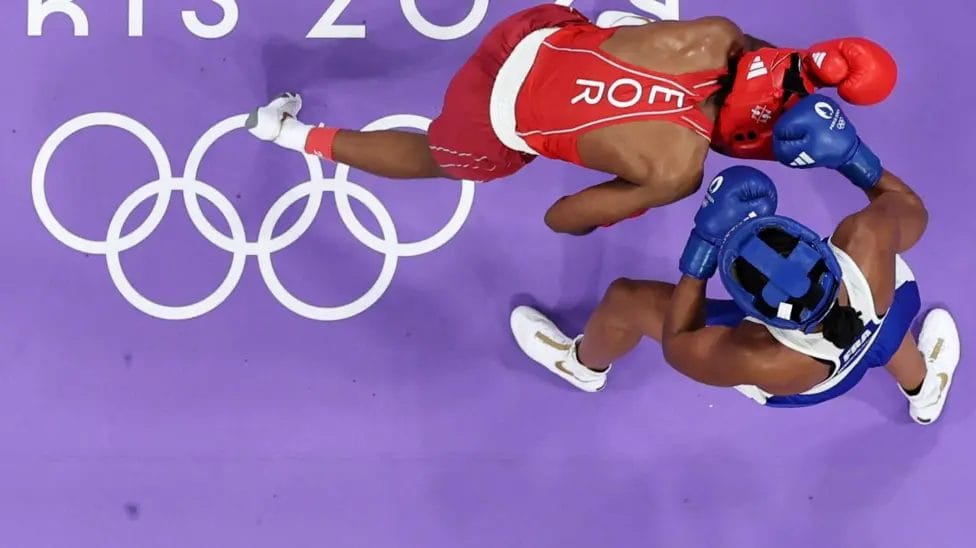
Hamilton brain transplant remark sums up frustrations with Ferrari’s SF-25 in Jeddah
It’s only the second race weekend of the season, but Lewis Hamilton’s voice already carries the weight of frustration. After another underwhelming qualifying session in Jeddah, the seven-time world champion offered up a telling — and slightly tongue-in-cheek — assessment of his struggles with Ferrari’s SF-25: “I need a brain transplant.”
While meant half in jest, the comment captured the mood perfectly. Hamilton might be in red now, but so far, his adaptation to the scarlet machinery hasn’t been smooth sailing. In a session where mere fractions separated the field, the Brit just scraped through to Q3 by 0.007 seconds. He eventually qualified seventh — not disastrous on paper, but a far cry from the heights he’s used to.
What perhaps stung more was that he ended up behind Carlos Sainz, the very man he replaced at Ferrari, and who is currently racing with the freedom of someone unshackled from contract negotiations or expectation. It was another sharp reminder that even for the most decorated drivers, a change in scenery doesn’t guarantee instant success.
Tyres, timing, and trouble: Jeddah qualifying paints a familiar picture
The signs of Hamilton’s discomfort were there throughout the weekend. During the final practice session, tyre management issues reared their head, and Hamilton didn’t shy away from voicing it over team radio. “I couldn’t get the tyres to work in the last stint,” he told race engineer Riccardo Adami. In a street circuit like Jeddah, where grip and confidence are everything, that’s a big red flag.
After the session, Hamilton was brutally honest in his assessment. “I was 13th all weekend,” he told Viaplay. “So getting into Q3 was a positive, if you want to call it that. But my last lap was pretty bad. Every time I make it into Q3, it feels like all the hard work just goes to waste.”
There was no sense of excuses or finger-pointing — just a veteran trying to find his footing in unfamiliar territory. “Let me be clear,” he added. “I have not got that feeling yet.” And when asked what it would take to finally feel at home in the car, Hamilton delivered the quote that’s made headlines: “A brain transplant.”
Vasseur sees potential despite position

While Hamilton was candid, Ferrari team principal Frederic Vasseur remained measured in his post-session reaction. From his perspective, the problem wasn’t about where they ended up on the timesheets — Charles Leclerc qualified fourth, Hamilton seventh — but rather the underlying lack of pace.
“Fourth is not bad, seventh is a little more difficult,” Vasseur admitted. “But for me, the issue is not position, it is pace.”
It’s a recurring theme for Ferrari. Despite strong single-lap showings at times, they continue to struggle with consistency, particularly in certain sectors. “Compared to Max [Verstappen], we lose 0.25 seconds in Turn 1 and 0.3 seconds over the whole lap,” Vasseur said. “That’s where we need to focus.”
He’s hopeful, though, that race conditions might even the playing field. “In the race, when temperatures stabilise and tyre balance settles, it could be a different picture,” he added, hinting that there’s still optimism for Sunday.
Growing pains in red
Let’s be fair — nobody expected Hamilton’s switch to Ferrari to be easy. After over a decade in a Mercedes car that he helped develop and master, adapting to a completely new environment — with new engineers, a different car philosophy, and unfamiliar feedback loops — takes time.
It’s also worth remembering that Hamilton has always been a driver who thrives on rhythm and confidence. When he feels at one with the car, the results follow. But when that connection is missing, as it clearly is right now, frustration quickly bubbles to the surface.
The “Hamilton brain transplant” quip may have raised a few eyebrows, but it also signals something deeper. Hamilton isn’t doubting his own ability — far from it. What he’s wrestling with is a car that doesn’t yet communicate with him in the way he’s used to. And for someone who’s spent years operating with surgical precision, that disconnect is more than just mechanical — it’s psychological too.
Room for hope
Despite the gloom of qualifying, there’s room for cautious optimism. Race pace has historically been Ferrari’s stronger suit compared to their qualifying efforts, and Hamilton, if nothing else, knows how to grind out results from difficult positions.
Seventh on the grid isn’t an ideal launchpad, but it’s not insurmountable either. And if tyre degradation plays a major role — as it often does under the Jeddah lights — there could be opportunities to climb.
Still, for Ferrari fans dreaming of a fairytale start to the Hamilton era, this weekend has been a cold splash of reality. Great things may still come, but for now, it’s clear the relationship between driver and machine is still finding its footing.
In the meantime, Hamilton’s wit remains as sharp as ever. A “brain transplant” may not be on the cards, but Ferrari will be hoping a bit of time, patience, and problem-solving will do the trick just as well.








